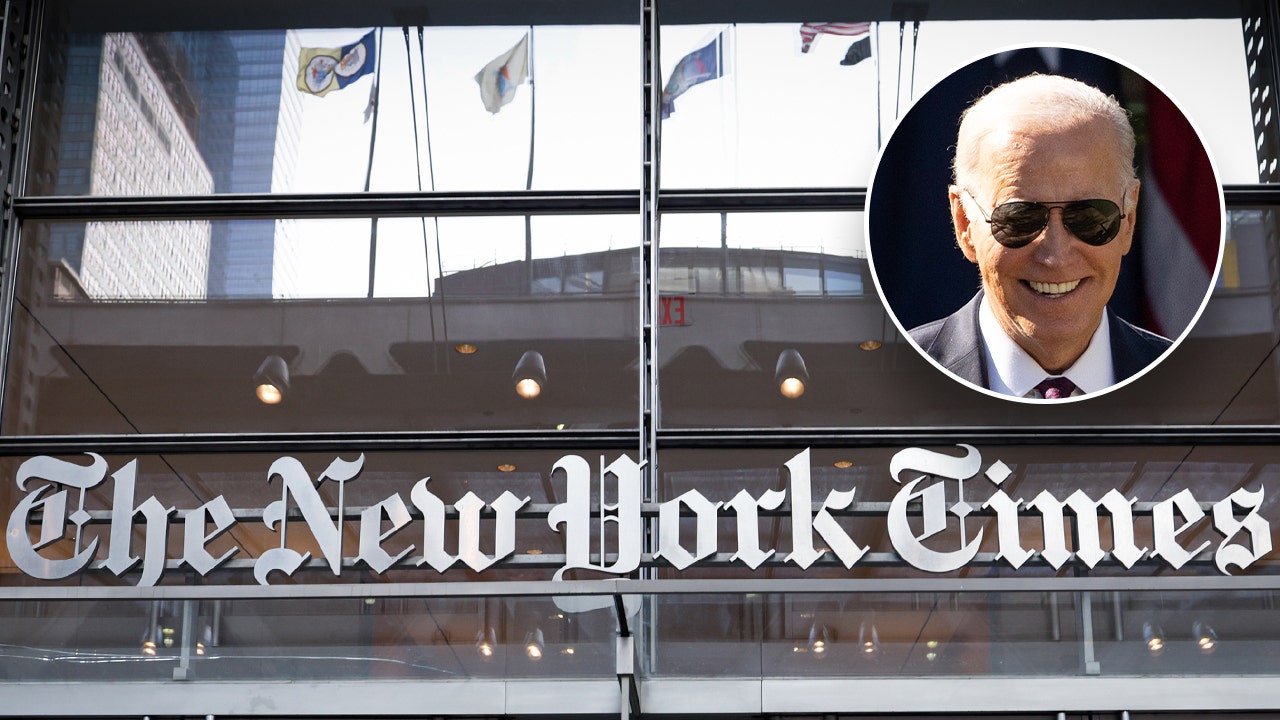The Wisconsin Supreme Court’s new liberal majority said on Friday that ballot drop boxes can once again be used widely in the state, reversing a ruling issued two years ago when the court had a conservative majority.
On a practical level, the ruling changes how Wisconsin, a closely divided state that could tip the Electoral College, will carry out an election that is just four months away. On a symbolic level, the judicial U-turn is likely to fuel Republican claims that the court has become a nakedly partisan force — claims that Democrats made themselves not long ago, when most of the justices were conservatives.
Drop boxes were used in Wisconsin for years as one of several ways, along with early in-person and mail-in voting, for voters to submit ballots before Election Day. The widespread use of drop boxes in 2020, during the Covid-19 pandemic, drew the ire of Republicans and prompted a lawsuit that the court’s previous majority decided by mostly banning their use.
“Our decision today does not force or require that any municipal clerks use drop boxes,” Justice Ann Walsh Bradley, a liberal, wrote for the four-justice majority on Friday. “It merely acknowledges,” she added, what Wisconsin law “has always meant: that clerks may lawfully utilize secure drop boxes in an exercise of their statutorily conferred discretion.”
Her conservative colleague, Justice Rebecca Bradley, disagreed, writing in a dissent that “the majority again forsakes the rule of law in an attempt to advance its political agenda.”
The ruling on Friday is part of a broader push by Democrats and progressive groups to have the Wisconsin Supreme Court weigh in on some of the state’s thorniest policy issues. After liberals won a 4-to-3 majority last year, the court ordered the redrawing of state legislative district boundaries, which had long been gerrymandered to benefit Republicans. Earlier this week, the justices announced that they would hear a case that asks them to consider whether the State Constitution includes a right to abortion.
For much of the 2010s, Democrats were relegated to Wisconsin’s policymaking sidelines as Gov. Scott Walker and his fellow Republicans in the Legislature reshaped the state in a more conservative image, including by weakening the power of labor unions. When the union limits were challenged, the Wisconsin Supreme Court, then controlled by conservatives, gave the new policy a judicial blessing.
After Gov. Tony Evers, a Democrat, won election in 2018 and re-election in 2022, the State Supreme Court remained an obstacle for liberals. The conservative majority ruled against ballot drop boxes and created a “least changes” standard for legislative redistricting that locked in Republican advantages. The court also said that officials appointed by Mr. Walker could stay in their posts after their terms expired until the Republican-controlled State Senate confirmed replacements selected by Mr. Evers — which the senators often declined to do.
Much has changed in the last year. After liberals won their Supreme Court majority, unions began trying again to invalidate Walker-era limits on organized labor. This week, a state circuit court judge said portions of that law, which has been on the books since 2011, were unconstitutional and void. The case could eventually be appealed to the State Supreme Court.
On Friday, Mr. Evers called the ballot drop box ruling a “victory for our democracy” and said, “We’re going to keep fighting to ensure that every eligible voter can cast their ballot safely, securely, and as easily as possible.”
The mayor of Madison, Satya Rhodes-Conway, a Democrat, also praised the ruling in a statement. “I am so pleased that common sense has prevailed and that Wisconsin now has a high court interested in expanding voting rights, rather than restricting them,” she said.
Some Republicans saw it differently. Representative Tom Tiffany, whose congressional district includes much of northern Wisconsin, lamented in a statement that “the liberal Wisconsin Supreme Court voted to overturn a previous precedent they set” and said he believed the ruling went against the wishes of Wisconsin voters.
Unlike those in some other states, Wisconsin’s Supreme Court is officially nonpartisan. The justices are elected on a statewide ballot to staggered 10-year terms. Still, the ideological lines on the court have long been clear, and even the appearance of neutrality has been fading out of justices’ election campaigns.
When Justice Janet Protasiewicz was running for election last year, she said that she believed abortion should be “a woman’s right to choose,” and declared the state’s legislative maps to be “rigged.” The race was the most expensive judicial election in American history, and Justice Protasiewicz’s victory flipped the court, which previously had a 4-to-3 conservative majority, to liberal control.
There is a possibility, at least, that some of the court’s newest rulings may not stand for long. A liberal justice whose term expires next year is not seeking re-election, and conservatives could retake the majority if they win that seat. The campaign is already underway.














